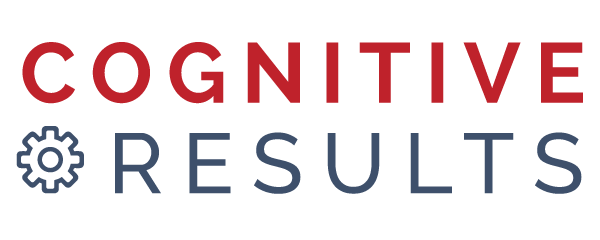Police Tests Always Catch Cheaters
Police Tests Always Catch Cheaters
For those pursuing a career in law enforcement, police tests always catch cheaters by design. These tests are rigorous, assessing not only your skills and knowledge but also your integrity. While some may wonder if it's possible to manipulate or cheat these exams, the reality is that they are engineered specifically to identify dishonesty and inconsistencies. This is thanks to the inclusion of validity markers like infrequency and desirability.
In this post, we'll explore how these validity markers work, why they make cheating impossible, and what this means for honest applicants striving for success.
What Are Validity Markers?
Validity markers are built-in mechanisms within psychological and written tests used in police recruitment. They serve as safeguards to ensure that test results accurately reflect the applicant's true personality, attitudes, and cognitive abilities. Two key markers include:
- Infrequency
- Infrequency markers are designed to detect random or careless responses. They include questions with answers that would rarely apply to most individuals, making it easy to spot patterns of inconsistency.
- Desirability
- Desirability markers identify attempts to portray oneself in an overly positive light. These questions measure whether candidates are exaggerating their qualities or suppressing flaws in an effort to appear more desirable.
By using these markers, the test evaluates not just what you answer but how you approach the test itself.
FAIL TO PREPARE ... PREPARE TO FAIL

How Validity Markers Prevent Cheating
Police exams are carefully calibrated to detect and flag dishonest responses. Here's how validity markers make cheating nearly impossible:
- Flagging Inconsistent Answers
- When applicants respond randomly or inconsistently to infrequency questions, the test identifies these patterns and reduces the credibility of the overall score.
- Detecting Unrealistic Self-Presentation
- Candidates who try to "game the test" by providing overly desirable answers will trigger desirability markers. For example, claiming they have never experienced any negative emotion or conflict will raise red flags.
- Cross-Referencing Responses
- Validity markers are distributed across the test and cross-referenced with other sections. This creates a comprehensive picture of the candidate's honesty and consistency.

Common Pitfalls for Dishonest Test-Takers
Applicants who attempt to manipulate police tests often fall into the same traps:
- Overthinking Responses
- Trying to guess the "right" answers leads to inconsistencies, as genuine responses flow naturally while contrived ones often clash with other answers.
- Underestimating Test Sophistication
- Many candidates don't realize the depth of analysis in modern testing. The tests are designed by psychologists who specialize in detecting deceit.
- Ignoring Instructions
- Skipping or misunderstanding directions can result in careless mistakes that trigger infrequency markers.

What Honest Applicants Should Know
If you approach the test with integrity and preparation, validity markers will work in your favour. Here's how you can excel:
- Be Genuine
- Answer questions honestly and resist the urge to overthink or second-guess what the test is looking for.
- Stay Consistent
- Think carefully before answering, but stay true to your real experiences and values.
- Prepare Thoroughly
- Familiarize yourself with the types of questions you'll encounter. Practice tests can help you build confidence and reduce anxiety.
Conclusion
Police tests always catch cheaters, thanks to the sophisticated inclusion of validity markers like infrequency and desirability. These tests are designed to uphold the integrity of law enforcement by identifying applicants who are honest, consistent, and genuine.
For those who approach the test with authenticity and preparation, there's nothing to fear. The system is built to reward those who are committed to upholding the values of law enforcement. If you're ready to excel in your police tests, resources like Cognitive Results can provide the guidance and tools you need to succeed.
Remember: in the world of police recruitment, police tests always catch cheaters. Honesty isn't just the best policy-it's the only one that works.All Testimonials
